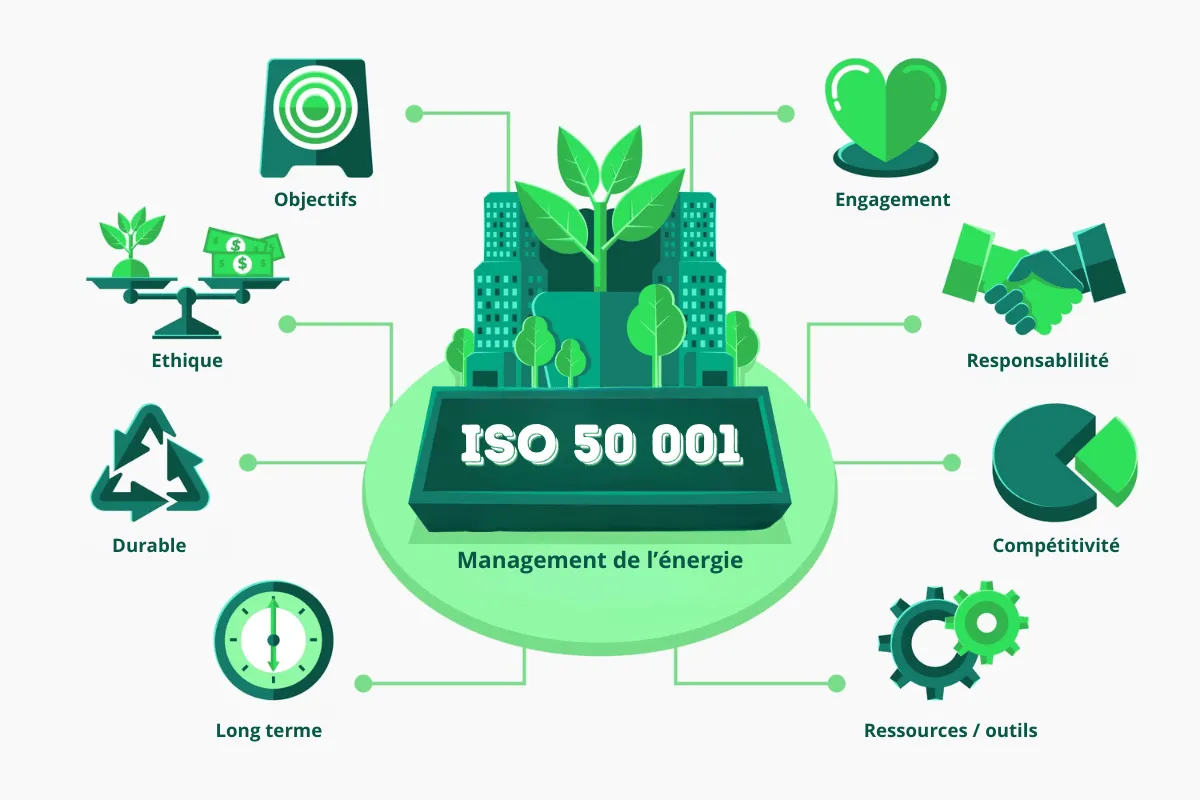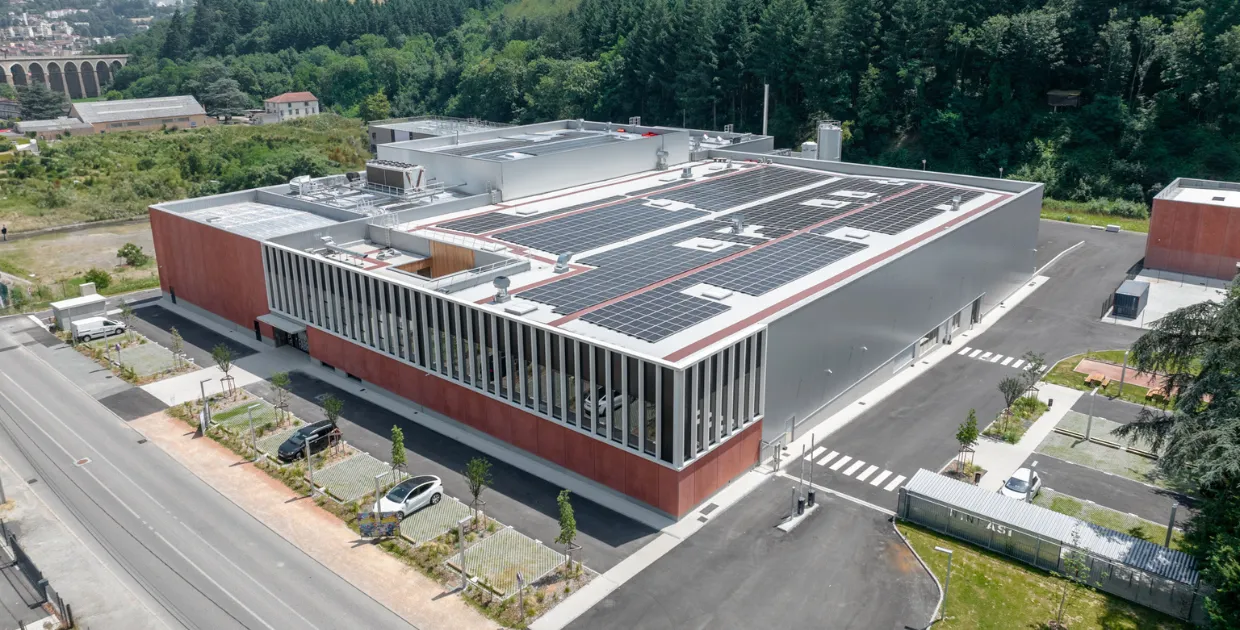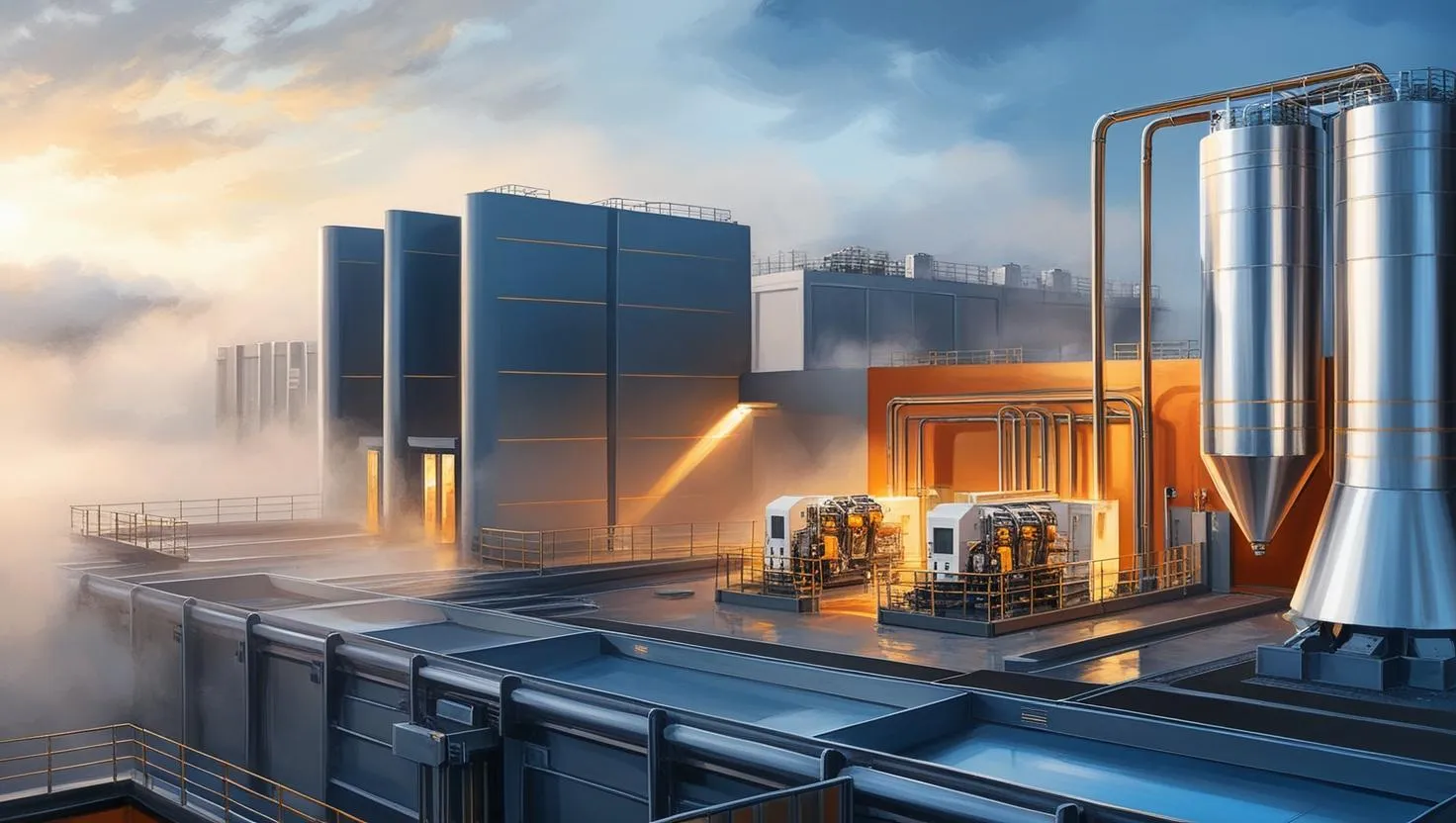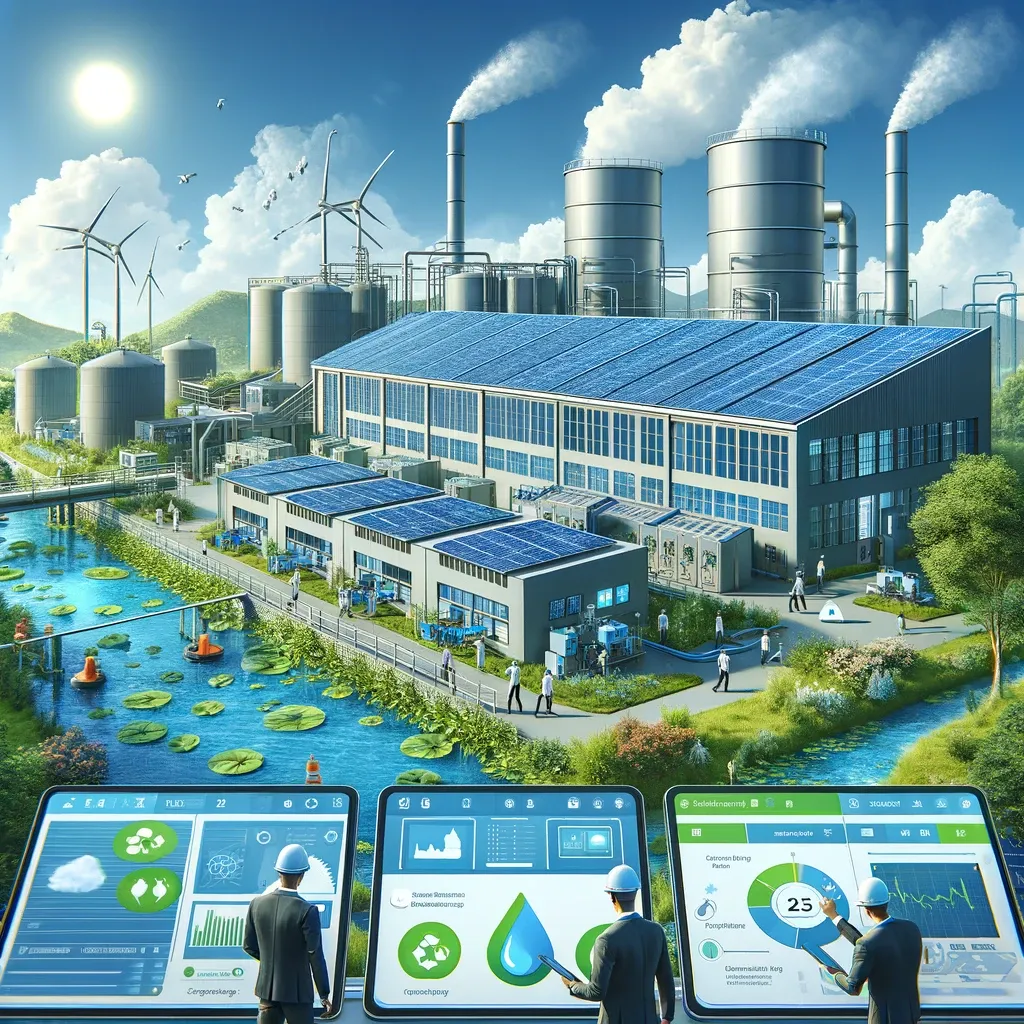
Water Management in Industry: New Standards and Regulations for 2030
Adapt your industrial processes to new legal requirements and optimize your water resource management with our advanced monitoring solutions.
DATIVE helps you anticipate drought restrictions and monitor water consumption and effluents in real time. Discover how our solutions can support your sustainable and compliant water resource management.
Why does the Drought Decree concern all industries?
With recurring droughts, French authorities have strengthened the regulatory framework through the drought decree. It imposes water use restrictions based on different alert levels (vigilance, alert, heightened alert, crisis), directly affecting industries. These new obligations require companies to reduce their water withdrawals and monitor consumption in real time to avoid penalties.
Drought Decree restriction levels
The drought decree establishes four restriction levels depending on the severity of the water situation: vigilance, alert, heightened alert, and crisis. Each level imposes specific reductions in water withdrawals. For example, companies may be required to reduce consumption by 5% during alert, 10% during heightened alert, and up to 25% in a crisis situation. This framework forces industries to anticipate and adapt their resource management accordingly.
Challenges industries face with these restrictions
Companies face several challenges with these new regulations: reducing consumption, maintaining production performance, and managing effluents in real time. Without proper tools, it becomes difficult to ensure compliance while minimizing economic impacts. Manual monitoring is insufficient as withdrawal thresholds must be monitored constantly to avoid penalties.
How to anticipate and effectively manage these restrictions?
To comply with the drought decree, companies must adopt technologies capable of monitoring their water consumption in real time. This is where advanced monitoring solutions like DAT'Power come into play, providing precise measurements of water use, identifying anomalies, and adjusting processes based on restrictions.
Resource optimization and regulatory compliance
By integrating a monitoring system like DAT'Power, companies can not only comply with the drought decree but also optimize their resource use. These solutions provide valuable data to quickly adjust withdrawals, detect leaks or overconsumption, and minimize environmental impact while maintaining high industrial performance.
Real-life example: how real-time monitoring improves water management
Some companies have already adopted these advanced monitoring technologies. Thanks to DAT'Power, they have been able to reduce their water consumption by 10% during crisis periods while ensuring production continuity. Real-time monitoring allows processes to be adjusted as the water situation evolves, ensuring strict compliance with imposed regulations.
Conclusion: Adapt your processes and secure your operations
The drought decree and new regulations for 2030 present a challenge for industries but also an opportunity to adopt sustainable and innovative solutions. Companies that prepare now with systems like DAT'Power will be better equipped to ensure compliance, reduce operational costs, and limit their environmental footprint. Contact us to learn how we can help you anticipate these new requirements.
